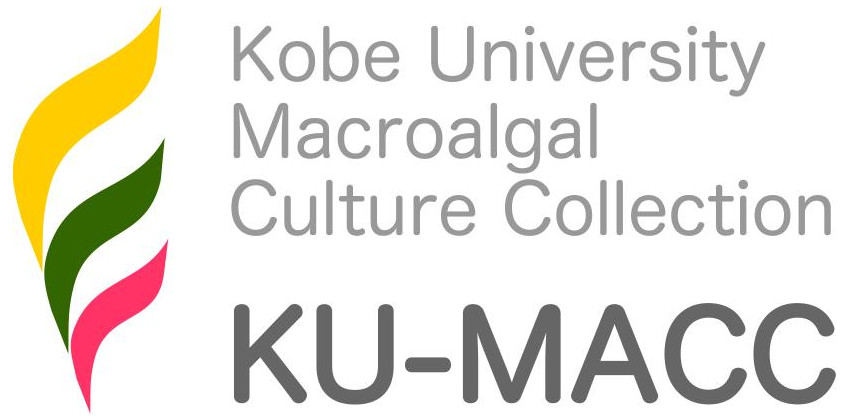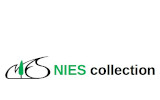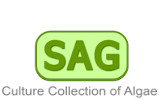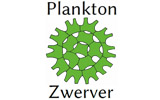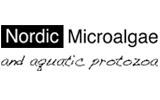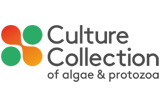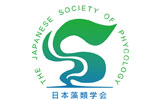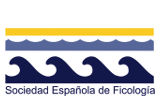Polysiphonia subulata (Ducluzeau) Kützing 1863
Publication Details
Polysiphonia subulata (Ducluzeau) Kützing 1863: 18
Published in: Kützing, F.T. (1863). Tabulae phycologicae; oder, Abbildungen der Tange. Vol. XIII. pp. [i-iii], 1-31, 100 pls. Nordhausen: Gedruckt auf kosten des Verfassers (in commission bei W. Köhne).
Publication date: March, 1863
Type Species
The type species (holotype) of the genus Polysiphonia is Polysiphonia urceolata (Lightfoot ex Dillwyn) Greville.
Status of Name
This name is of an entity that is currently accepted taxonomically.
Basionym
Ceramium subulatum Ducluzeau
Type Information
Type locality: "Il croit a Sette sur les rochers qui bordent la Mediterranée, et on le trouve quelqefois adhérent [sic] a des Fucus. Il est assez commun vers la fin de l'été."; (INA 1996)
Origin of Species Name
Adjective (Latin), subulate, awl-shaped, i.e., tapering from a narrow or moderately broad base to a very fine point (Stearn 1983).
General Environment
This is a marine species.
Created: 04 August 1996 by M.D. Guiry.
Last updated: 01 March 2017
Verification of Data
Users are responsible for verifying the accuracy of information before use, as noted on the website Content page.
Nomenclatural note
This combination may have been effected first as a combination by P.L.Crouan & H.M.Crounan in the exsiccata Algues marines du Finistère (1982: no 298) but we have not seen this exsiccata. The combination was also introduced by J.Agardh (1863: 985). - (07 May 2014) - M.D. Guiry
Linking to this page: https://www.algaebase.org/search/species/detail/?species_id=807
Citing AlgaeBase
Cite this record as:
M.D. Guiry in Guiry, M.D. & Guiry, G.M. 01 March 2017. AlgaeBase. World-wide electronic publication, National University of Ireland, Galway. https://www.algaebase.org; searched on 23 July 2025
 Request PDF
Request PDF